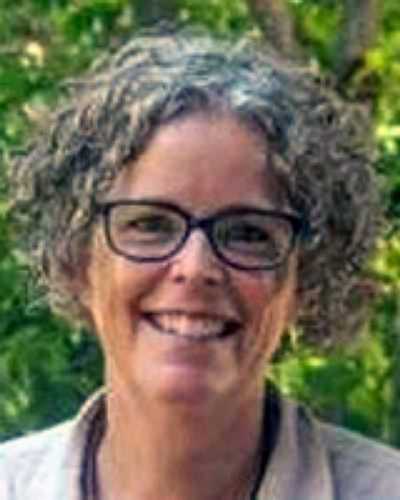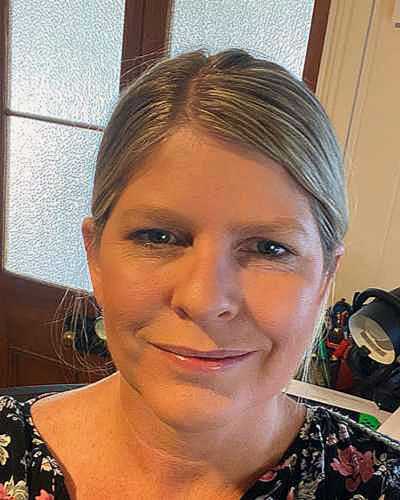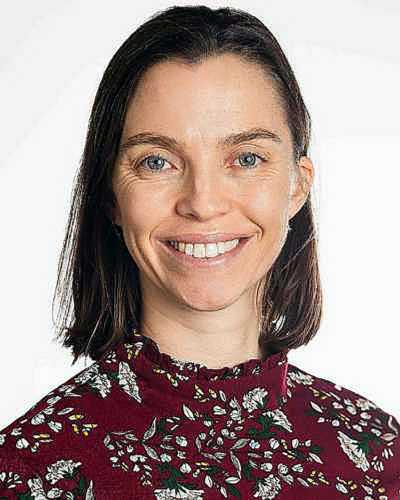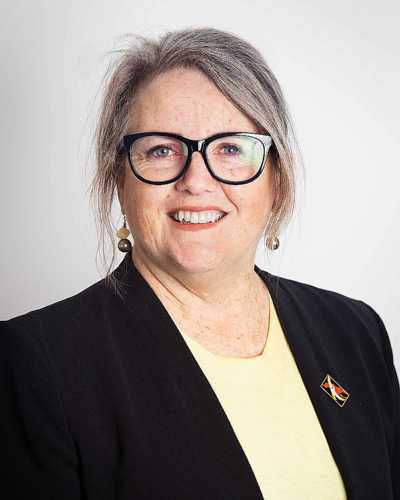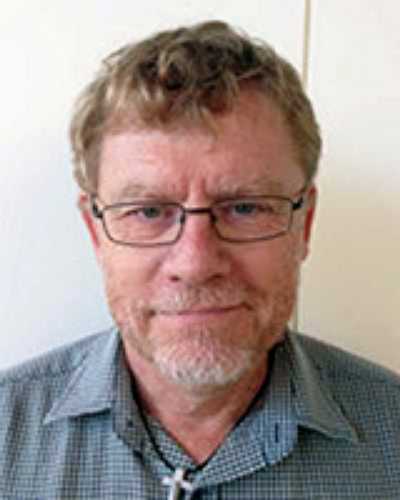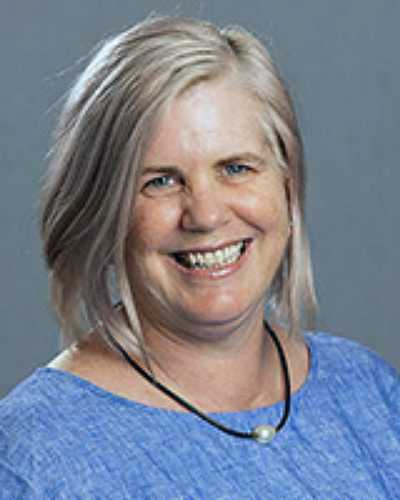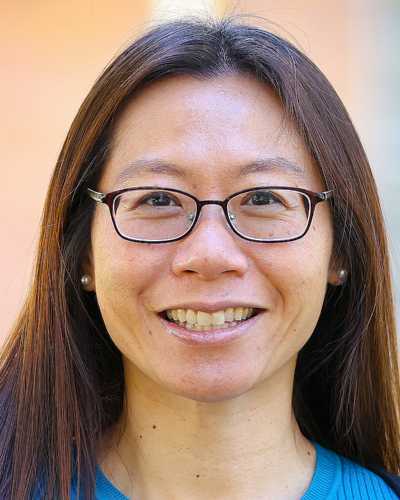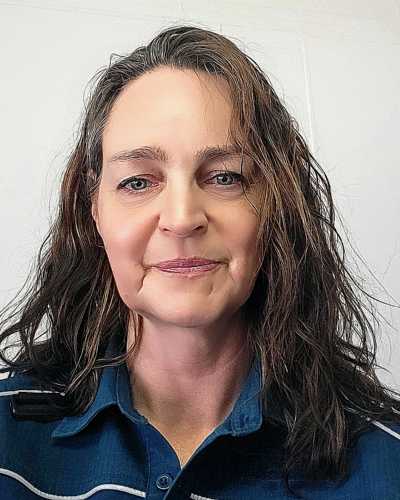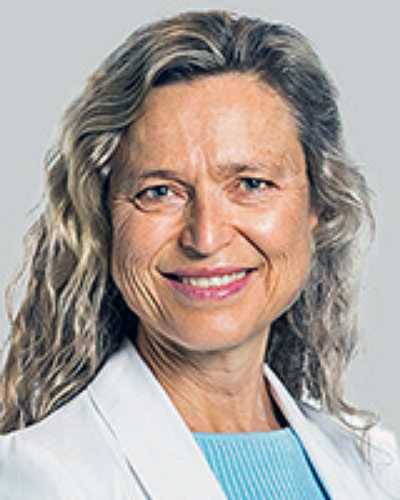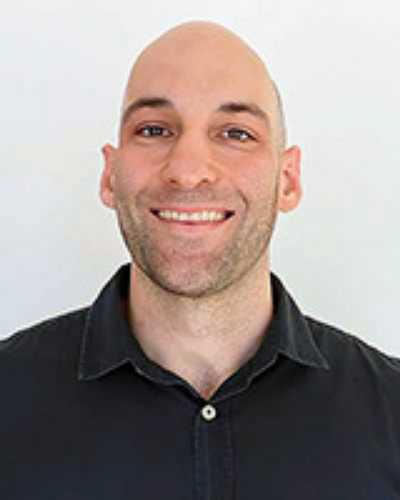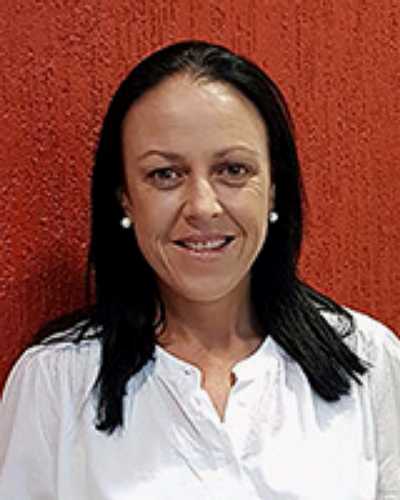Rural generalism is a form of clinical practice that is equally relevant to all health professions. Some progress has been made with respect to formal recognition as a specialty, educational support, credentialling and employment conditions, although progress varies across professions and across states and territories. Discussions have generally focussed on rural generalism within each profession, acknowledging the broader scope of practice required and how to develop and maintain competence across that broader scope. Missing from these discussions, so far, is the importance of interprofessional clinical practice to rural generalism. There are fewer health professionals in smaller rural and more remote communities than urban areas, so they must work together as a team to provide the best health care available. These teams may comprise a mix of resident, fly-in, fly-out (FIFO) and visiting workers, each working to the full scope of practice of their profession. This approach has the potential to improve access of smaller communities, at least initially, to relevant local expertise as well as knowledge of limitations and sources of further advice. Local team membership varies according to locations and resources available and should be augmented by inclusion of professionals who provide remote support, ideally in larger communities with more resources and likely to receive referrals from rural communities.
The education and training of rural generalists also varies across professions and across states and territories. Relatively few primary health professional programs prepare graduates well for rural generalist practice. All undergraduate medical programs mandate rural placement experience. Most nursing programs at least strongly encourage rural placement experience and most allied health professional programs offer opportunities for rural placements. However, there is usually no specific curriculum or assessment of rural practice, just a hope that the experience will enhance interest in a rural career. In general, health professional programs offered in regional or rural universities play a stronger role than in metropolitan programs.
This statement represents the pooled thinking of delegates from most states and territories of Australia at the 2023 multi-professional rural and remote health conference at the Centre for Rural and Remote Health in June 2023 in Mount Isa, Queensland, Australia. A plenary session was followed by a panel discussion and a workshop with 24 registered participants, where the statement was developed in draft form. Contributors included academics and clinicians from medicine, nursing, psychology, physiotherapy, occupational therapy, speech pathology, social work and ambulance paramedical services. Many of these had roles in either clinical or academic organisations with responsibility for clinical and teaching service delivery. Community representatives contributed their own perspectives, emphasising a strong belief that communities should be partners in health service development and delivery and so contribute to workforce development discussions. The statement was presented at the final plenary session to all conference delegates, who supported the statement unanimously.
We, the delegates of the 11th Biennial 'Are You Remotely Interested' Remote Health Conference, held in July 2023, gathering on the lands of the Kalkadoon Peoples, believe that there is an urgent need to clarify the definition and role of rural generalism across all health professions in order to improve the health and wellbeing of people living in smaller rural and more remote communities. We recognise and aim to complement previous statements such as the Collingrove Agreement1, the SARRAH Position Statement2 and the Ngayubah Gadan Consensus Statement3.
Rural generalist practice is a rich and satisfying career that requires urgent support to attract, train and retain professionals to provide coordinated, community-partnered care with shared ‘clinical courage’4. Within each profession, the scope of practice is broader than in urban communities. Training should commence early in primary qualification programs and provide clear pathways through postgraduate training and continuing professional development, ideally through interprofessional education strategies located in rural and remote communities. This includes nurturing teams of individuals offering their full scope of practice within each profession. Where multiple positions are available, team members should be encouraged to develop deeper skills that complement the practice of others, tailored to the needs of local communities and individual patients, who should be the focus of care planning.
Our collective experience as professionals in rural and remote communities provides a perspective from the frontline of healthcare delivery in less healthy and under-resourced communities. We recognise that achieving this goal may require changes to models of care and resource allocation and urge leaders across the health professions to show courage in their deliberations.
Acknowledgements
The authors acknowledge the contributions during the workshop of Sarah Jackson, Anna Duan and Sara Drum.




